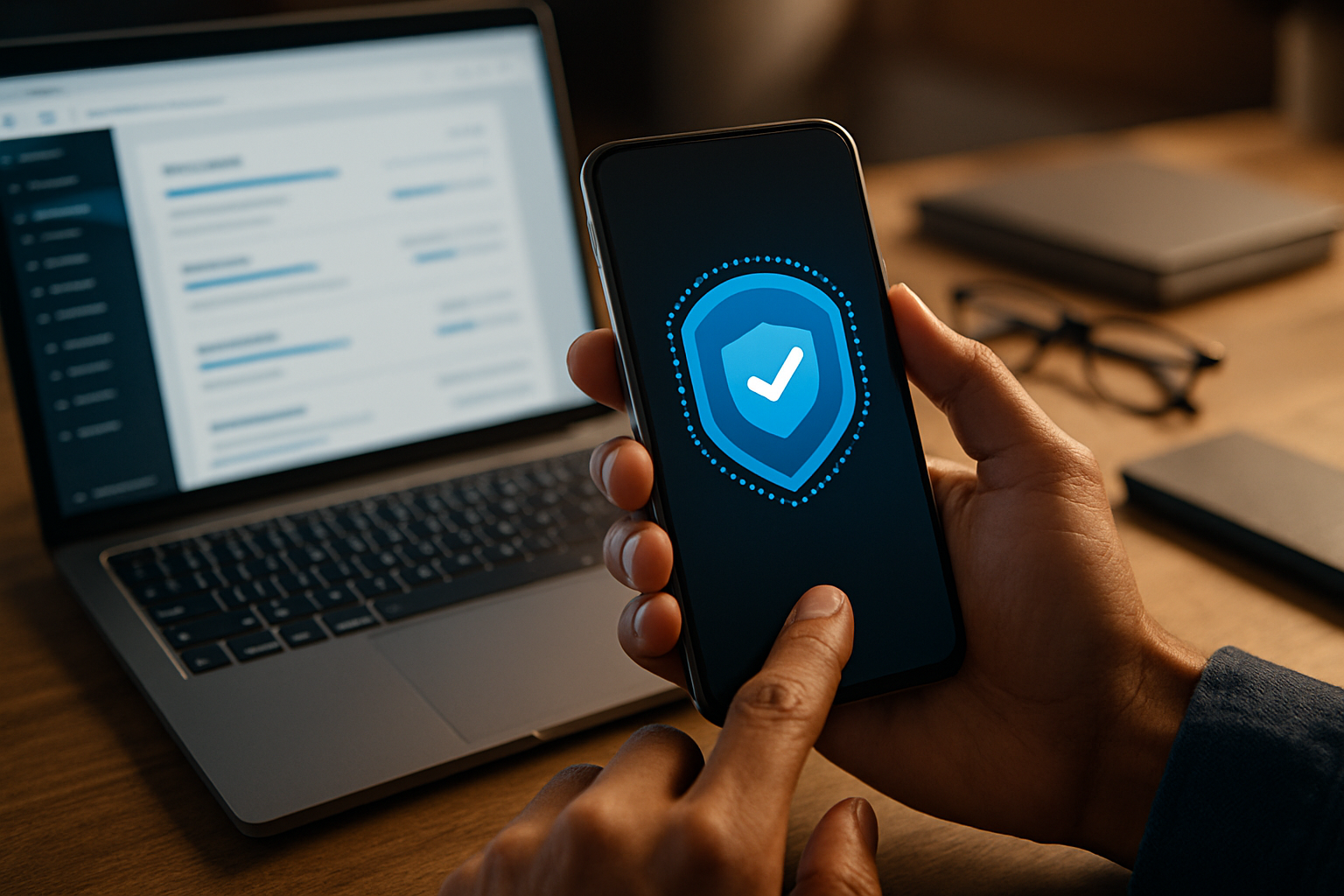Apps You Should Delete Immediately
Most of us install dozens of apps on our phones—social media, games, tools, shopping apps. But not all apps are created equal. Some of them quietly drain your battery, slow down your device, or even collect more personal data than they need. Over time, these apps can put your privacy and security at risk without you realizing it.

Which apps pose the greatest security risks?
When it comes to mobile application security, certain types of apps are more likely to compromise your personal information or device integrity. Free VPN apps, for instance, often collect and sell user data to third parties, defeating the purpose of privacy protection. Similarly, third-party keyboard apps may have access to everything you type, including sensitive information like passwords or credit card numbers. File-sharing apps that aren’t from reputable sources can also be a breeding ground for malware and should be avoided or deleted if already installed.
How can I identify apps that drain battery life?
Battery-draining apps are not just inconvenient; they can significantly impact your device’s longevity. Social media apps like Facebook and Instagram are notorious for consuming battery life, even when running in the background. Weather apps that constantly update your location and fetch data can also be culprits. To identify these power-hungry apps, check your device’s battery usage statistics in the settings menu. Look for apps that use a disproportionate amount of battery compared to your actual usage time, and consider deleting or replacing them with more efficient alternatives.
What are some unnecessary pre-installed apps I should remove?
Most smartphones come with pre-installed apps, also known as bloatware, that you may never use. These apps take up valuable storage space and can slow down your device. Common examples include manufacturer-specific app stores, redundant email clients, and rarely-used utility apps. While some pre-installed apps cannot be completely removed, especially on Android devices, they can often be disabled. On iPhones, many pre-installed apps can be deleted directly. By removing these unnecessary apps, you can free up space and potentially improve your device’s performance.
How do I remove duplicate photos and videos to free up space?
Duplicate photos and videos can quickly consume your device’s storage. Fortunately, there are several ways to identify and remove these duplicates. On iOS devices, the Photos app has a built-in feature that can detect duplicate images and videos, allowing you to easily delete them. For Android users or those looking for more robust solutions, third-party apps like Google Files or Gemini Photos can scan your device and help you remove duplicates. However, be cautious when using third-party apps and ensure they come from reputable sources to avoid potential security risks.
What steps should I take for a mobile application security assessment?
Conducting a mobile application security assessment is crucial for maintaining the integrity of your device and personal information. Start by reviewing the permissions each app requests and revoking unnecessary ones. Check the app’s privacy policy and terms of service to understand how your data is being used. Regularly update your apps to ensure you have the latest security patches. Consider using mobile security apps from reputable providers that can scan for malware and assess the security of your installed applications. Additionally, be wary of apps that request access to sensitive information like your contacts or location when it’s not necessary for their core functionality.
How can I safely delete apps on my Mac?
Deleting apps on a Mac is generally straightforward, but it’s important to do it correctly to avoid leaving behind unnecessary files. The simplest method is to drag the app from the Applications folder to the Trash. However, this may leave behind preference files and other data. For a more thorough removal, consider using the app’s built-in uninstaller if available, or a third-party uninstaller app designed for macOS. These tools can help ensure that all associated files are removed, freeing up more space and preventing potential conflicts with future software installations. Always remember to empty the Trash after deleting apps to completely remove them from your system.
In conclusion, regularly auditing and removing unnecessary or potentially harmful apps from your devices is an essential practice in maintaining digital hygiene. By being mindful of the apps you keep installed, you can enhance your device’s performance, protect your privacy, and ensure a more secure digital experience. Remember to stay informed about the latest security threats and best practices for app management to keep your digital life running smoothly and safely.




